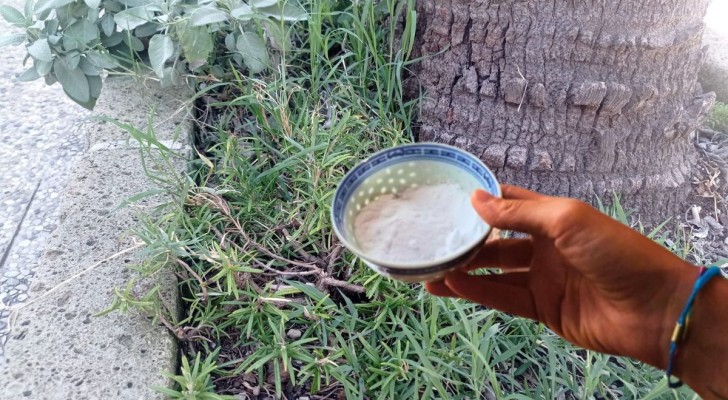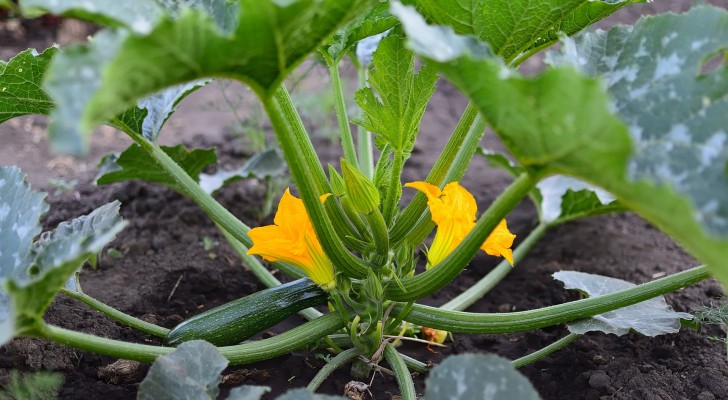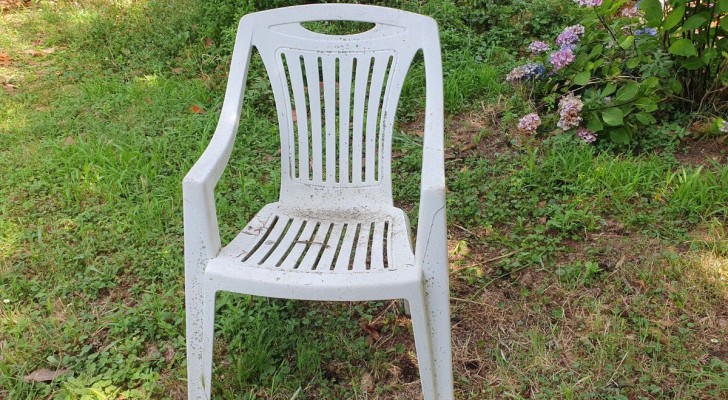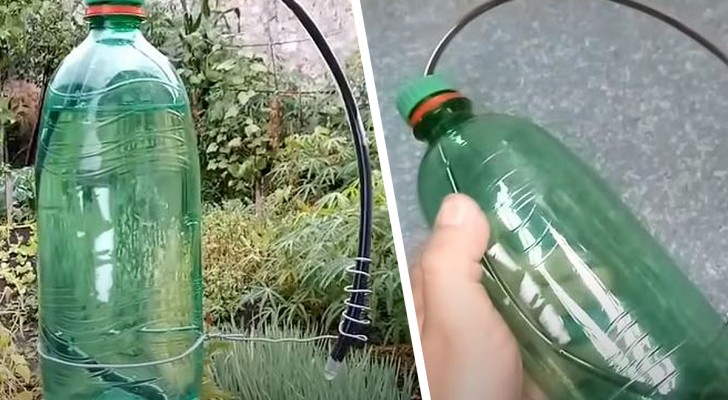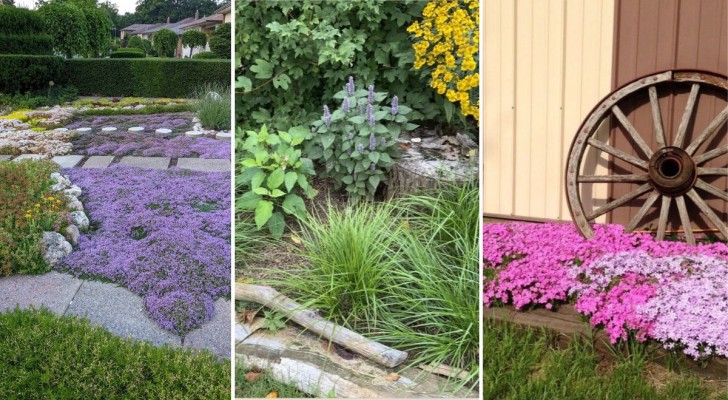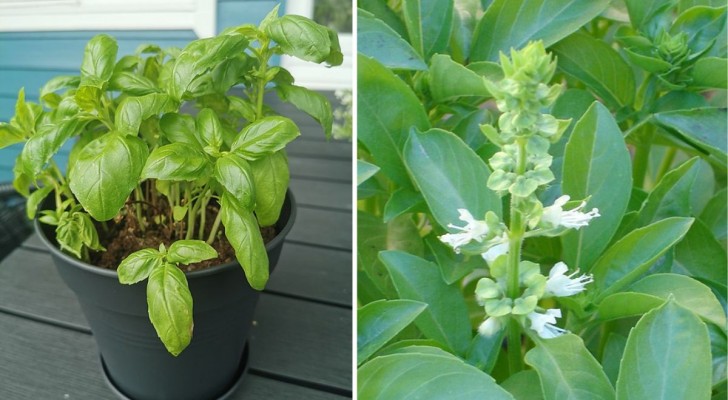Vinegar can also help you in the garden: discover how many ways you can use it
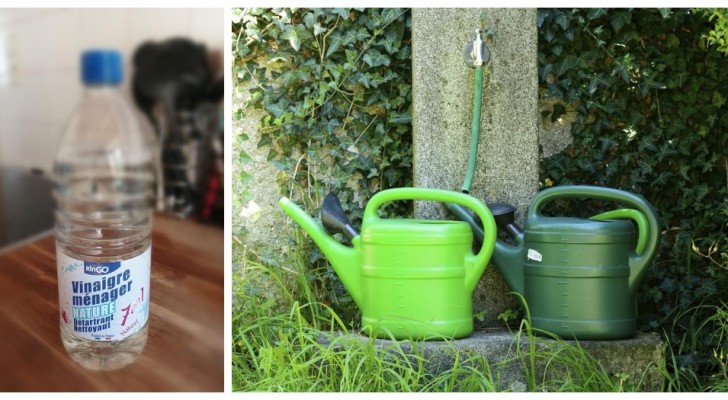
Advertisement
We use vinegar for a myriad of household chores, as it is often a cheaper and more environmentally friendly solution compared to so many products we could buy. And vinegar does not lack the efficacy of these commercial products either. Almost in every room of the home, there is something that we can clean or fix thanks to the acetic acid contained in this popular condiment that is easily found all over the world.
But the very substance that gives the vinegar its typical taste and smell, and which is useful for household chores, can also be exploited in various ways in the care of the garden. Read on to find out more:
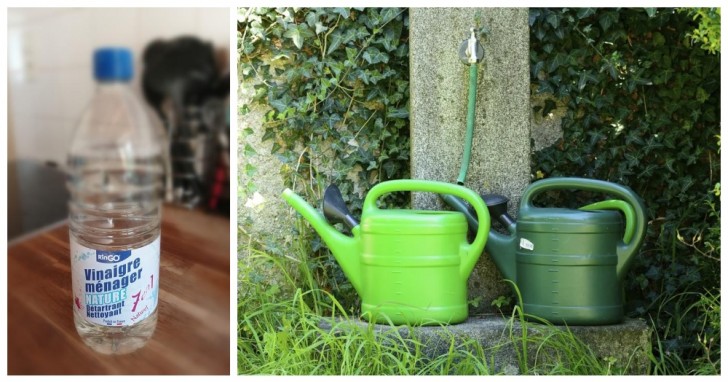
- Precisely because vinegar is nothing more than a diluted form of acetic acid (which also contains vitamins and other substances), it is a good way to raise the level of acidity of the soil. So, if you have low acid levels in the soil in your garden and you want your acidophilic species to grow properly (hydrangeas, azaleas, rhododendrons), you can prepare a solution of water and vinegar to do this - but never use it in its' pure form near or on plants.
Be careful to always use good quality vinegar and check that it is either wine or apple vinegar (do not use alcohol vinegar).
You can administer the solution by hand with watering cans or with an irrigation system - the important thing is not to overdo the dose of vinegar. In fact, it is advisable to dilute 250 ml of vinegar in 4 liters of water (therefore about 60 ml for each liter). - For weeds: if you have to remove weeds from a paved area, without the risk that the water runoff will end up on some good plants, mix 3 liters of vinegar, a cup of salt and 1 tablespoon of dish washing soap and pour it over the weeds. This will make them easy to pull out and will slow their growth in the future.
- If you have had to use lime for some reason, rinse your hands with white vinegar to avoid skin irritation.
- Against snails: spraying vinegar is much less harmful to the environment than using special pesticides. Generally as a pesticide, vinegar works when it comes in contact with the pest, so use it only if you have not been able to get rid of them and need to kill them.
- If you want to use it as a repellent, then you can regularly spray a mixture of water and vinegar in equal parts (even with a few drops of an essential oil such as mint or tea tree) to take away the attraction of the area to spiders, ants and other insects that sneak into the home. In fact, vinegar manages to disorient the ants when they can no longer follow the traces of their pheromones (which the vinegar masks).
Advertisement
